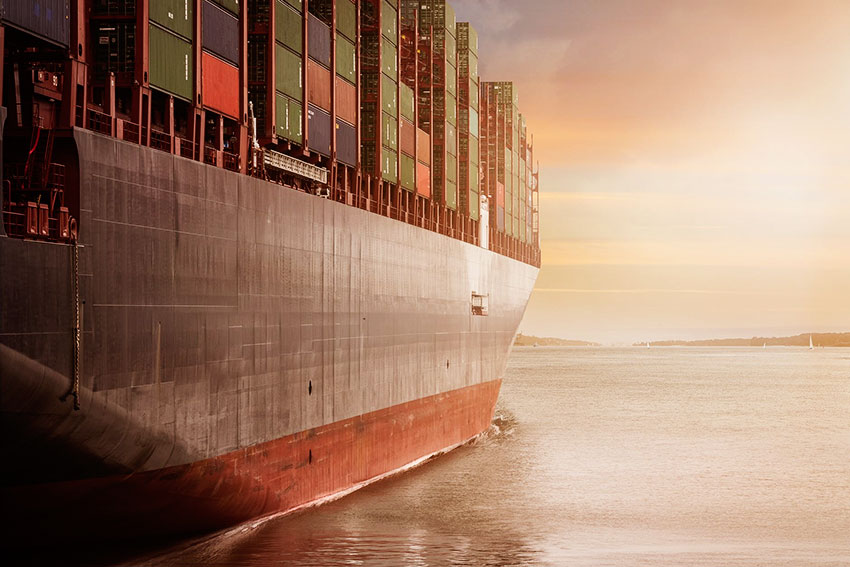
In life there’s always a choice to make whether that relates to everyday living, or business affairs. If you are frequent importer, one of those decisions is most likely how you will ship your items. Whether it’s by air freight or ocean freight, there are things you need to consider before trying to bring in your goods. Here’s hoping these guidelines help steer you in the right direction for your next shipment.
1. Cost
Cost is the one of the most important factors to consider. As a business person or just the average Joe,you will ship according to your budget/ bottom line. Naturally, some people are drawn to the cheaper options on the market, which can help them to save money. In this regard, it is a common belief that ocean freight is cheaper than the latter; yes, typically it is but it’s not always the case.To make the best choice, shippers will have to inform themselves about how carriers charge for shipping regionally and internationally. Airlines charge by what is referred to as “chargeable weight”,i.e. weight calculated by the combination of weight and size of the shipment. Sea carriers bill you according to “per container” rates for shipping in standard containers (20’ and 40’ are the most common sizes). Weight can be a factor determining the price to ship via ocean freight, however if your shipping is less than a container load it will be priced by cubic meter. Larger and heavier shipments will usually cost less if shipped by sea but if the shipment is smaller, air freight will probably be cheaper. Shippers should note that transportation cost is only one part; there are other factors to take into account, for example destination cost and warehouse fees.
2. Time, Sensitivity and Speed
Money is time and you want to ship within a time frame that suits you. It’s without a doubt that Air Freight is much faster but on the other hand, many customers are able to plan ahead to get on-time deliveries using the ocean. Usually, Ocean Freight items take up to a month to arrive whilst those shipped by plane may take a day or two. Over the years, technological advancements have led to shorter shipping routes, cutting down on how long it takes to ship cargo via the ocean;it can now be shipped within eight days. It also depends on what you’re shipping, for example for perishable items most people want to know they will be able to get their goods in no time, but if you’re shipping bulk load such as household items, then maybe a little extra time is needed to prepare for the shipment.
3. Safety
After spending so much money on shipping, of course the safety and handling of your goods are top priority. Air craft have strictly controlled regulations which ensure handling and securing your cargo in storage. It also involves minimal handling, meaning minimal risk of your cargo being handled and a higher chance of your cargo arriving safely. Whilst on the other hand ocean freight is a safe way to transport goods, there can be challenges, especially if the cargo inside is not packed properly as there is a big possibility of your cargo being damaged. This may result in or be the cause of a catastrophe; damages include that of fire, sinking or piracy.
4. Reliability
Reliability is vital; we look for it in people and of course we’ll look for it in cargo shipping. Air freight takes the cake in this battle. Even with delayed flights, most of the time air freight manages to get back on track quickly. Ocean carriers take the losing side on this one. It’s not uncommon for ocean carriers to be off their schedule. Ocean lines tend to have a weekly schedule so missing a cutoff at a seaport can and will result in a delay. A day or two usually doesn’t affect the masses; however with businesses it can affect them severely. With Airlines, there are daily flights back and forth, so missing a flight isn’t necessarily a reason for panic.
All in all, making a decision between the two can be difficult; it’s important to keep an eye out for both parties and their rates. Furthermore, one must also consider delays that are out of the freight forwarder’s control. If you still have questions, ask a third party for more information to clear up those nagging thoughts.













